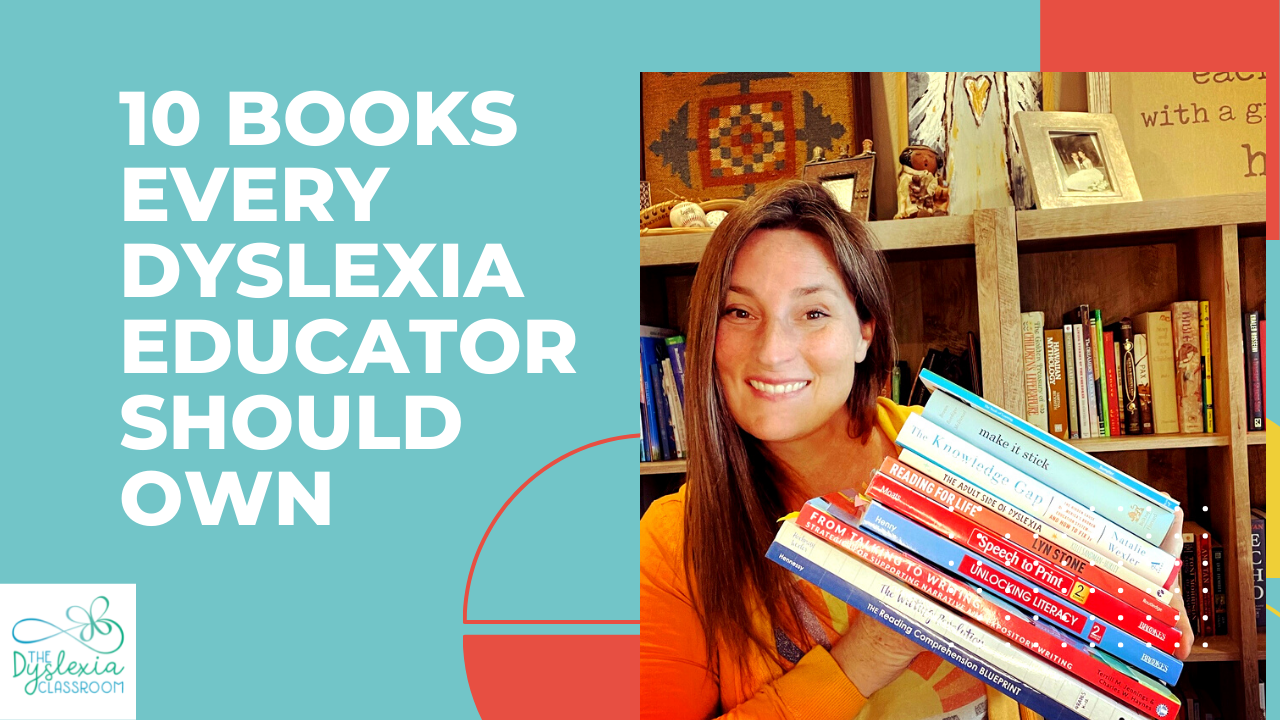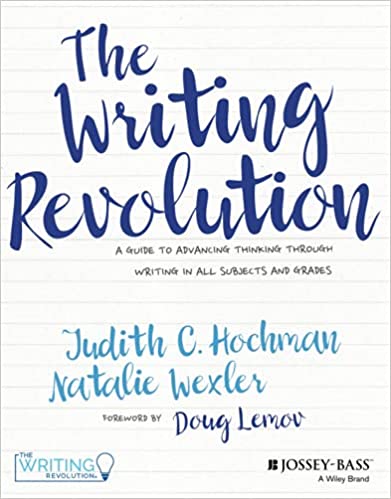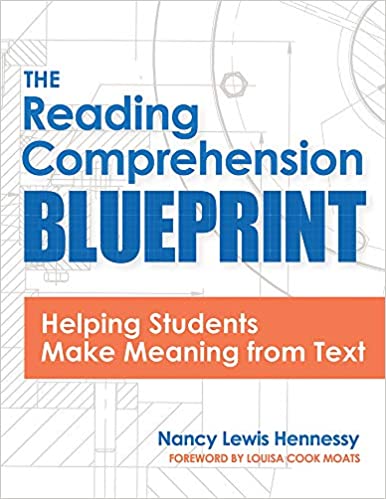10 Books Every Dyslexia Educator Should Own

If you are anything like me, you ran out of space on your bookshelf a long time ago but can't stop buying books! Seriously though, as educators, I believe that we are lifelong learners, and therefore, I tend to seek out books that further my knowledge and help me improve my craft of teaching.
If you follow me on Instagram, you will often see me sharing books for educators and students. In October, I shared my list of books every dyslexia educator should own. Read it HERE.
Now, I'm sharing ten more books about literacy, writing, learning, and dyslexia that I think are worth the reading.
Working memory is a topic that often comes up in meetings with parents and schools surrounding dyslexia. Some children have a learning profile that indicates a need for further assistance with working memory. You can catch an entire episode on working memory on the Together in Literacy podcast. Find the episode HERE.
The first two books I recommend are an excellent way to dive into this topic.
Make It Stick: The Science of Successful Learning by Peter C. Brown, Henry L. Roediger III, and Mark A. McDaniel draws on discoveries in cognitive psychology and other disciplines and provides concrete techniques for becoming more productive learners.
The Seeds of Learning: A cognitive Processing Model for Speech, Language, Literacy, and Executive Functioning by Tera Sumpter will leave you with ideas about how speech and executive function are interconnected and how to implement techniques into your work.
Next, are more books on literacy, writing, learning, and dyslexia.
The Knowledge Gap: The Hidden Cause of America's Broken Education System and How to Fix It by Natalie Wexler focuses on issues at the heart of the achievement gap.
The Adult Side of Dyslexia by Kelli Sandman-Hurley combines accounts and interviews of adults with dyslexia with tips and strategies plus insights around what life is like for an adult with dyslexia.
Reading for Life: High Quality Literacy Instruction for All by Lyn Stone provides an approachable style and easy-to-digest format rich in information surrounding the science of reading.
Speech to Print by Louisa Cook Moats prepares elementary educators with the knowledge and skills to connect the research of reading to practice.
Unlocking Literacy: Effective Decoding & Spelling Instruction by Marcia K. Henry is a book I think every classroom educator should read. It provides teachers with the core knowledge and applications to help all students become successful readers.
From Talking to Writing: Strategies for Supporting Narrative and Expository Writing by Terrill M. Jennings & Charles W. Hayes. I was fortunate enough to attend a workshop with Charles Hayes in which he covered the material in this book. It is a fantastic book full of strategies to help students that struggle with writing and/or expressive language skills.
The Writing Revolution: A Guide to Advancing Thinking Through Writing in All Subjects and Grades by Judith C. Hochman and Natalie Wexler provides a clear method of instruction using The Hochman Method.
The Reading Comprehension Blueprint: Helping Students Make Meaning from Text by Nancy Lewis Hennessy. This book is aligned with the science of reading and IDA's Structured Literacy approach and provides teachers with essential knowledge and practical tools to help every student become a proficient reader.
While I ran out of space on my bookshelves long ago, it hasn't stopped me from gathering more books! These are books that I purchase, read, and find helpful in my practice. While they are in my Amazon affiliate link, I have no association with any of the authors or books.
You can find a more extensive book list on my Amazon page under Dyslexia Books for Educators and Parents.
Remember, follow me on Instagram for more information on literacy, writing, learning, and dyslexia, and check out the Together in Literacy podcast to hear Emily and I discuss all of this and more!

This information is the intellectual property of @2016 The Dyslexia Classroom. Do not use or repurpose without expressed permission from The Dyslexia Classroom. Please give The Dyslexia Classroom an attribution if you use, reference, or quote/paraphrase copyrighted materials. This includes but is not limited to blogs, social media, and resources.













